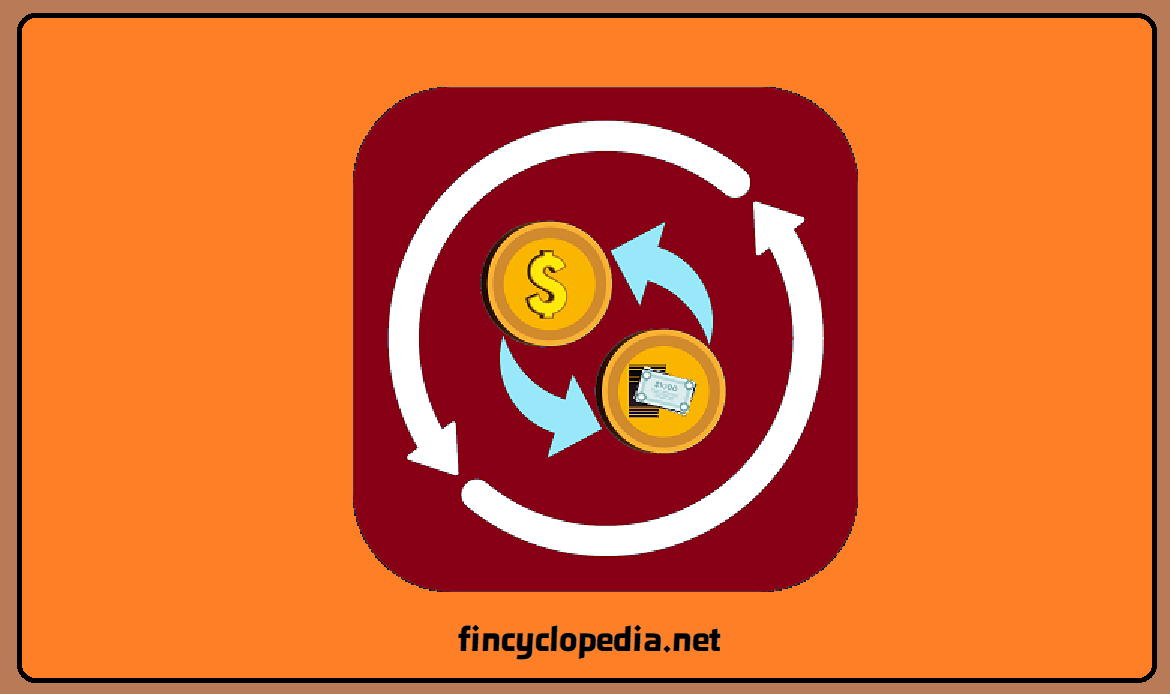An over-the-counter (OTC) contract that obliges its holder to buy or sell a specific asset for a predetermined delivery price at a specified date in the future. This is in contrast to a spot contract in which the two parties agree to buy or sell an asset immediately. The buyer of the asset assumes a long position, while the seller takes on a short position. The forward price is usually compared with the spot price. The forward price is the price at which the asset changes hands on the future date. On the contrary, the spot price is the price of the asset on the spot date. The difference between the two prices is the so-called forward premium or forward discount, depending on whether the underlying asset price is in forwardation (contango) or backwardation.
A forward contract can be used to hedge risk such as exchange rate risk or currency risk. Some traders use it as a means of speculation on price movements over time. However, some investors take positions in forward contracts in order to take advantage of the quality of time-sensitive underlying commodities.Forward contracts are very similar to futures contracts, as the two types involve future transactions entered into today. However, forward contracts are neither standardized nor exchange-traded.
The forward contract is sometimes known as an advance contract.




